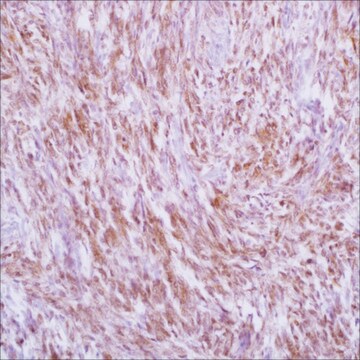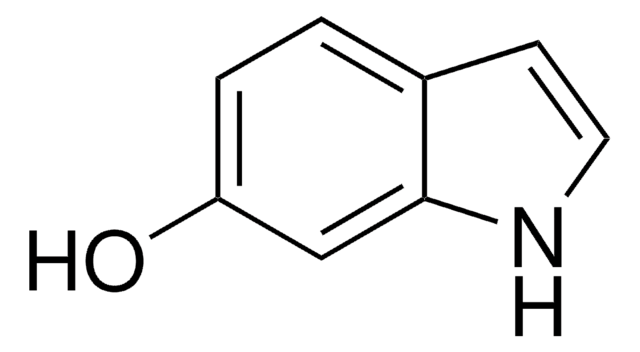50118
(4S)-4-Hydroxy-L-isoleucine
≥98.0% (TLC)
Synonyme(s) :
4-HYDROXYISOLEUCINE, HIL, (2S,3R,4S)-2-Amino-4-hydroxy-3-methylpentanoic acid
About This Item
Produits recommandés
product name
(4S)-4-Hydroxy-L-isoleucine, from fenugreek seeds, ≥98.0% (TLC)
Source biologique
fenugreek seeds
Niveau de qualité
Pureté
≥98.0% (TLC)
Forme
powder or flakes
Activité optique
[α]/D +32.5±2.0°, c = 1 in H2O
Couleur
white to almost white
Température de stockage
2-8°C
Chaîne SMILES
C[C@H](O)[C@H](C)[C@H](N)C(O)=O
InChI
1S/C6H13NO3/c1-3(4(2)8)5(7)6(9)10/h3-5,8H,7H2,1-2H3,(H,9,10)/t3-,4-,5-/m0/s1
Clé InChI
OSCCDBFHNMXNME-YUPRTTJUSA-N
Actions biochimiques/physiologiques
Conditionnement
Mention d'avertissement
Warning
Mentions de danger
Conseils de prudence
Classification des risques
Eye Irrit. 2 - Skin Irrit. 2 - STOT SE 3
Organes cibles
Respiratory system
Code de la classe de stockage
11 - Combustible Solids
Classe de danger pour l'eau (WGK)
WGK 3
Point d'éclair (°F)
296.6 °F
Point d'éclair (°C)
147 °C
Équipement de protection individuelle
dust mask type N95 (US), Eyeshields, Gloves
Certificats d'analyse (COA)
Recherchez un Certificats d'analyse (COA) en saisissant le numéro de lot du produit. Les numéros de lot figurent sur l'étiquette du produit après les mots "Lot" ou "Batch".
Déjà en possession de ce produit ?
Retrouvez la documentation relative aux produits que vous avez récemment achetés dans la Bibliothèque de documents.
Notre équipe de scientifiques dispose d'une expérience dans tous les secteurs de la recherche, notamment en sciences de la vie, science des matériaux, synthèse chimique, chromatographie, analyse et dans de nombreux autres domaines..
Contacter notre Service technique







